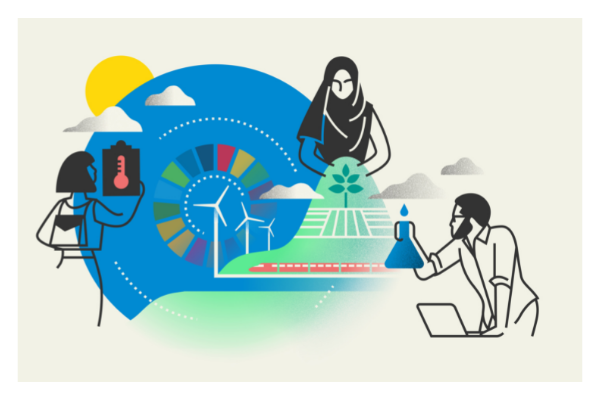On the 16th of September, Eötvös Loránd University (ELTE) successfully hosted the first ever CHARM-EU Inclusion Conference titled “Creating an Inclusive University – Access and Participation in European Higher Education: Challenges and Enablers”.

For the occasion of this pioneering event, Mariya Gabriel, the European Commissioner for Innovation, Research, Culture, Education and Youth addressed the participants and welcomed the efforts to identify steps that should be taken to facilitate a more inclusive higher education sector in Europe and beyond. The Commissioner congratulated CHARM-EU on the new grant received under the 2022 Erasmus+ European Universities Call, and emphasized that the Alliance’s work and achievements contribute to the vision of the European Education Area, in which inclusion plays a transversal role.
The one-day hybrid conference was opened by Imre Hamar, ELTE’s Vice-rector for International Affairs. Prof. Hamar highlighted that CHARM-EU is “taking steps to bring inclusion and diversity from the policy papers to our everyday higher education experience” by transforming the organisational culture and governance models of the partner institutions. Following his speech, Csaba Prónai, Dean of ELTE’s Faculty of Social Sciences, Meritxell Chaves, CHARM-EU Alliance Manager and Ágnes Sarolta Fazekas, leader of the group responsible for inclusivity at CHARM-EU also greeted the participants.
“Inclusion is crucial to the development of Europe’s higher education institutions and to European society at large. Therefore, one of the central dimensions of the strategy is to foster diversity, inclusiveness and gender equality.”
Mariya Gabriel, the European Commissioner for Innovation, Research, Culture, Education and Youth
Following the opening ceremony, the conference started with a comprehensive panel discussion: representatives of several institutional, organizational and societal stakeholders shared their vision and mission for the higher education inclusion agenda and outlined barriers and enablers to access and participation for all, especially underrepresented groups or those at risk of exclusion. In addition to the vision and approach of the European Commission and European University Alliances representatives (CHARM-EU, EUTOPIA and EDUC), the perspectives of societal and youth organizations, as well as that of teachers and students were also included.
During the second session, two panel discussions involving the voice of students and educators provided an opportunity to share personal experiences as well as to discuss and map out areas of further improvement for the inclusive university of the future. This section also provided a great opportunity to collect and reflect on the lessons learned regarding the CHARM-EU work and to present the best practices of its partner universities in the field of inclusion and diversity.
During the workshop of the first afternoon session, participants were working in small groups and discussing the questions of what the inclusive university of the future looks like and how is it possible to support its creation. Finally, the groups shared their vision as well as specific policies and practices to support the design and the implementation of inclusive measures. The conference organizers will use the key points and takeaways identified during these sessions to prepare a call to action, including a list of concrete recommendations, and share it with decision-makers at the EU, national and regional levels.
Materials and best practices presented and prepared during the conference will be uploaded to the website of the conference.
Check out the image gallery below: